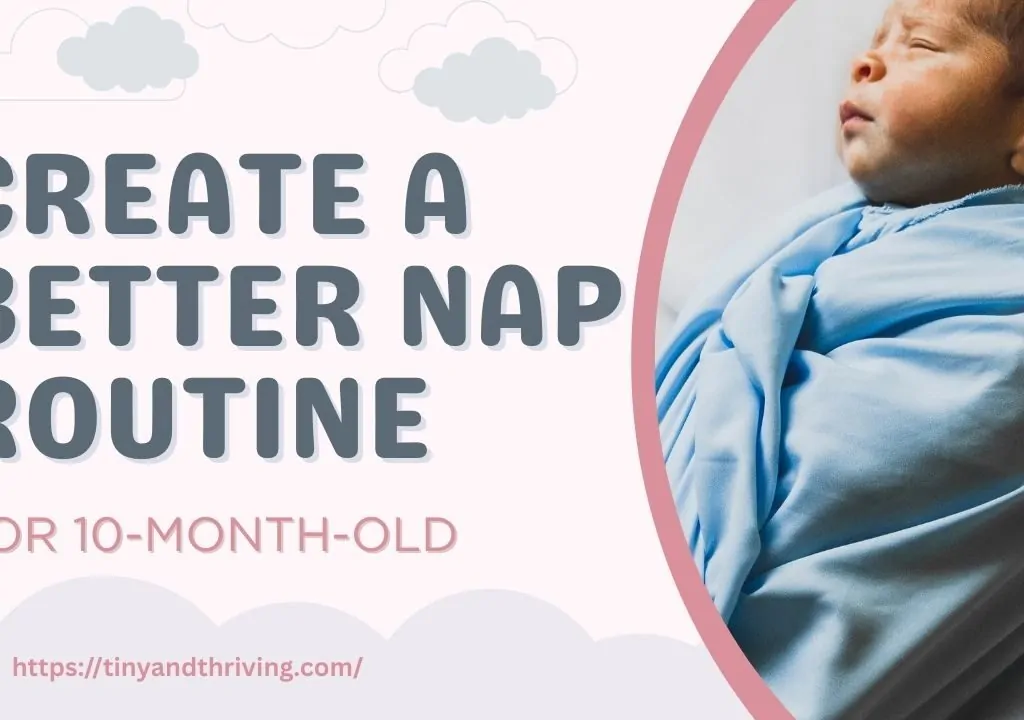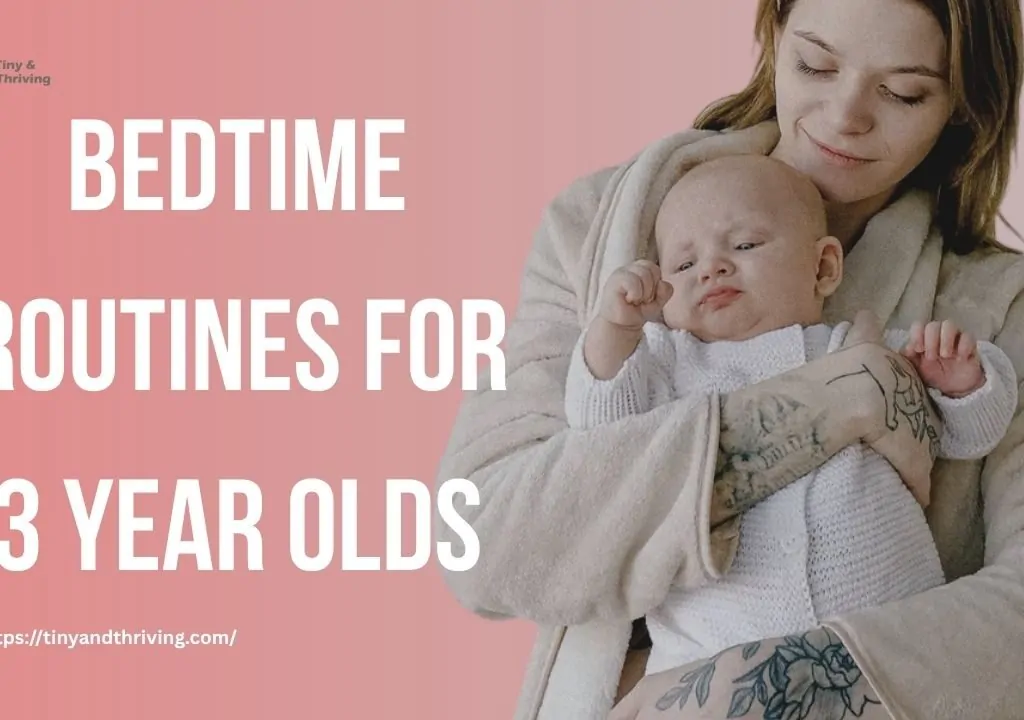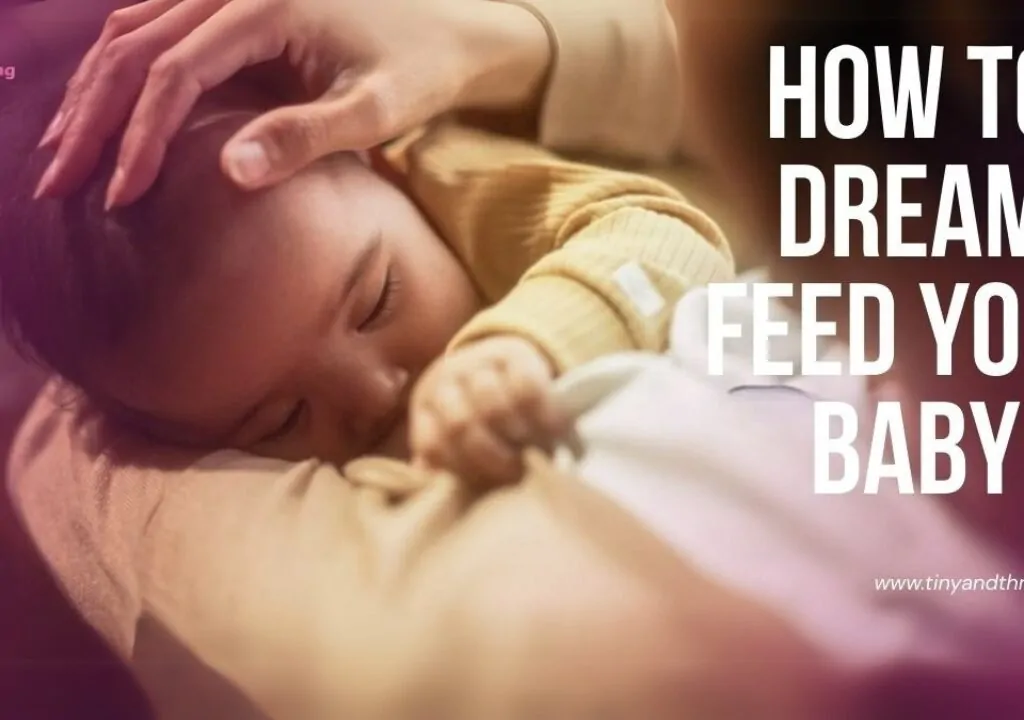Becoming a parent is rewarding and there are real challenges too, such as sleepless nights, crying, and constant feedings that can make even the most prepared parents feel exhausted. As a Newborn Care Specialist (NCS), I’ve seen how having the right help can change those early days from stressful to calm. Whether you’re a first-time parent, have a busy job, or just need some advice, hiring an NCS or daytime or night nurse is one of the best things you can do for your baby and yourself. So, I’ll explain why you should consider hiring an NCS. Key Takeaways: 1. Expert Help from the Day One The first few weeks of a baby’s life are key for feeding, sleep, and development. A Newborn Care Specialist is trained in infant care and can help set the right routines from the beginning. Therefore, instead of guessing or looking up tips online, you’ll have an expert making sure your baby is safe, fed, and comfortable. 2. Help for Tired Parents Did you know parents lose about 44 days of sleep in the first year after childbirth? You see, newborns wake up every 2–3 hours for feeding, diaper changes, and soothing. And lack of sleep in the first few months can really affect your health. An NCS provides overnight care so you can get the rest you need. 3. Professional Sleep Training The earlier you start sleep training, the easier it is for your baby to develop good sleep patterns. If your baby isn’t sleeping through the night, an NCS can help teach healthy sleep habits, so your baby can sleep for longer stretches. 4. Help with Breastfeeding & Bottle-Feeding Breastfeeding isn’t always easy. Issues like latching problems, low milk supply, and sore nipples can make feeding stressful. Whether you’re breastfeeding, bottle-feeding, or doing both an NCS provides guidance with: 5. Assistance with Colic & Fussiness If your baby cries excessively due to colic, reflux, or gas issues, an NCS knows how to soothe and comfort them using gentle, tried-and-tested methods. 6. Hands-On Help with Diapering & Hygiene A newborn care specialist ensures proper childcare including diapering, umbilical cord care, and newborn hygiene, preventing common rashes, infections, and skin irritations. 7. Help with Sibling Adjustments If you have older children, adjusting to a new baby can be tough for them. A newborn care specialist helps your older child transition smoothly by involving them in baby care in a safe and positive way. 8. Emotional Support for Parents Many parents shared with me- just hearing that they’re doing a good job really helped them. Taking care of a newborn can feel lonely, especially for first-time parents. Having a trained professional by your side gives you confidence and reassurance. 9. Specialized Care for Preemies & Multiples If you have a premature baby or twins (or more), caring for them can be even harder. An NCS with experience in preemie care or multiple births can handle their special needs. 10. Reduce the Risk of Parental Burnout 60% of new parents experience stress and fatigue, also admitting the lack of support and help. The mix of lack of sleep, stress, and physical exhaustion can affect your health. Hiring a specialist means you can take breaks and stay healthy for your baby. 11. Soothing Techniques That Actually Work Many parents told me that learning the right swaddling techniques helped their baby sleep longer. An NCS knows what helps calm a baby, whether it’s white noise, swaddling, or rocking in a certain way. You’ll learn proven methods to help your baby calm down faster. 12. Postpartum Recovery Support for Moms One of my clients had a tough recovery after a C-section, and having an NCS allowed her to rest while knowing her baby was well taken care of. Moms need care too. If you’re recovering from a C-section, an NCS supports moms by: 13. Help with Baby’s First Baths & Skincare Bathing a newborn can be scary. An NCS will teach you how to safely bathe, moisturize, and care for your baby’s skin. Besides, you’ll also get advice on how to handle newborn skin issues like diaper rash or baby acne. 14. Guidance on Safe Sleep Practices Each year, over 3,400 infants die due to unsafe sleep conditions. I always recommend putting babies on their backs to sleep on a firm surface without extra blankets or pillows. Unlike a night nanny, an NCS will make sure your baby follows safe sleep practices to reduce risks like SIDS (Sudden Infant Death Syndrome). 15. Support for Working Parents Returning to work? An NCS can help set up feeding and sleep routines, making the transition easier for both you and your baby. Then again, if you work from home, an NCS allows you to focus without worrying about your baby’s needs. 16. Less Household Stress Taking care of a baby and managing home responsibilities can be hard. Many clients have told me that hiring an NCS helped them enjoy parenthood more, instead of feeling anxious all the time. That’s why. having an expert support you reduces stress, making your home life more peaceful and enjoyable. What to Look for in a Newborn Care Specialist? Now that you know why hiring a newborn care specialist is beneficial, the next step is finding the right one. Criteria What to Consider Certifications Look for professionals certified by Newborn Care Solutions, NCSA (Newborn Care Specialist Association), or DONA International (for postpartum doulas). Experience Level Ask if they have experience with preemies, twins, or babies with special needs. More experience means better care. References & Reviews Check reviews and referrals from past clients to ensure they have a good track record. Personality Fit Since they will be in your home, make sure their parenting style and approach match yours for a smooth experience. So, Is It Worth Hiring a Newborn Care Specialist? Yes. Hiring an experienced newborn baby care specialist isn’t about whether you can handle parenting alone, it’s about making the experience easier, smoother, and more






